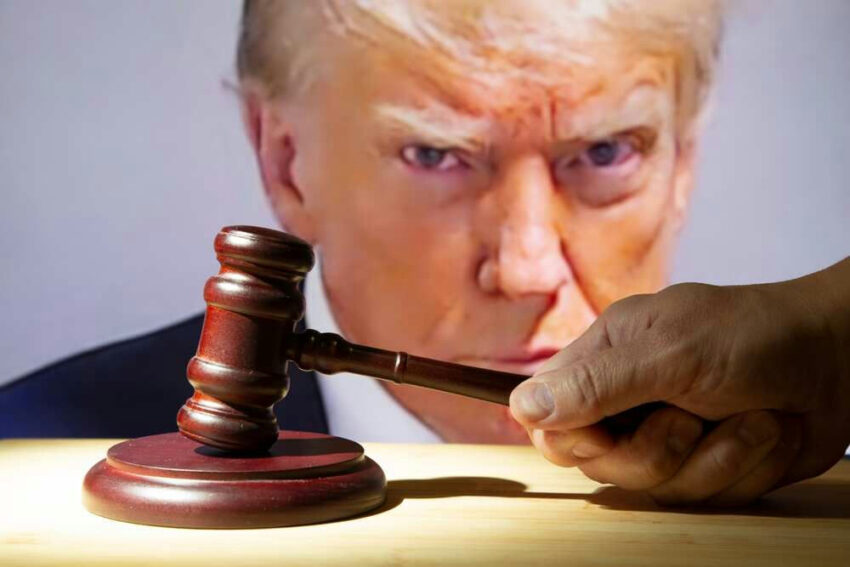The Department of Justice has launched a bombshell misconduct complaint against Chief Judge James Boasberg, shaking the foundations of a high-stakes deportation case involving the Trump administration.
DOJ’s Bold Move Against Judge Boasberg
The Department of Justice, spearheaded by Attorney General Pam Bondi, has filed a formal misconduct complaint against Chief Judge James Boasberg. The complaint accuses the judge of making inappropriate public comments about the Trump administration during a confidential Judicial Conference session on March 11, 2025. This move targets Boasberg’s involvement in a sensitive deportation case where the administration seeks to deport Venezuelan immigrants to El Salvador. The DOJ argues that the judge’s remarks could undermine judicial integrity and seeks his removal and public reprimand. This dramatic action underscores the administration’s determination to confront judicial challenges head-on.
The Trump administration’s clash with the judiciary is nothing new, but this latest development marks a significant escalation. The DOJ’s complaint argues that Boasberg’s alleged comments during the closed-door meeting suggest a bias that could affect his rulings on the deportation case. The D.C. Circuit has already paused Boasberg’s orders, though it has not removed him from the case. This complaint raises the stakes, with potential implications for judicial independence and executive authority.
Behind Closed Doors: The Judicial Conference Controversy
The controversy centers around comments made during a typically confidential Judicial Conference, a semiannual gathering of federal judges. The leak of Boasberg’s remarks has sparked debate over judicial confidentiality and independence. Critics argue that the DOJ’s complaint, based on private discussions, sets a dangerous precedent that could stifle candid judicial dialogue. The Trump administration’s push to remove judges perceived as obstacles to its agenda is seen by some as an attack on the judiciary itself.
Legal experts warn that this move could chill judicial independence, as judges may become wary of expressing honest opinions even in private settings. The potential for impeachment discussions adds another layer of tension, as the judiciary faces unprecedented scrutiny from the executive branch. This case could redefine the boundaries of judicial conduct and executive influence.
The Bigger Picture: Trump Administration’s Immigration Agenda
The deportation case at the heart of this controversy involves the removal of Venezuelan immigrants to El Salvador, a move criticized for bypassing due process. Judge Boasberg’s rulings have challenged the administration’s efforts, leading to this high-profile showdown. The administration’s broader immigration crackdown has been a contentious issue, often clashing with judicial oversight. This case highlights the ongoing struggle between enforcing immigration policies and upholding legal protections for immigrants.
The stakes are high, not only for the Venezuelan immigrants facing deportation but also for the broader immigrant community and advocacy groups. The outcome of this case could have far-reaching implications for U.S. immigration policy and the balance of power between the executive and judicial branches. As tensions escalate, the administration’s actions will be closely scrutinized both domestically and internationally.
Sources:
Click this link for the original source of this article.
Author: Editorial Team
This content is courtesy of, and owned and copyrighted by, https://www.rightwinginsider.com and its author. This content is made available by use of the public RSS feed offered by the host site and is used for educational purposes only. If you are the author or represent the host site and would like this content removed now and in the future, please contact USSANews.com using the email address in the Contact page found in the website menu.








